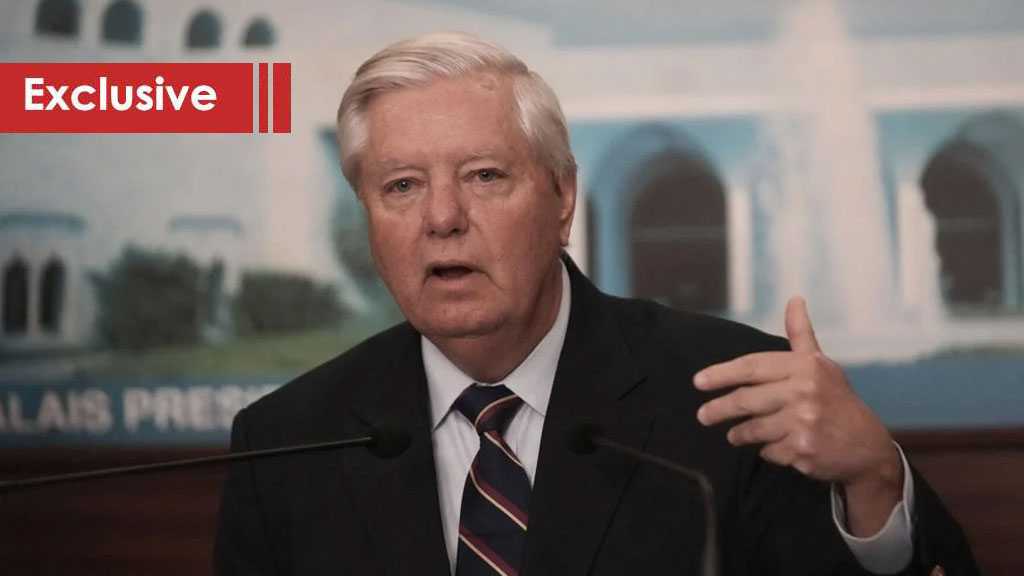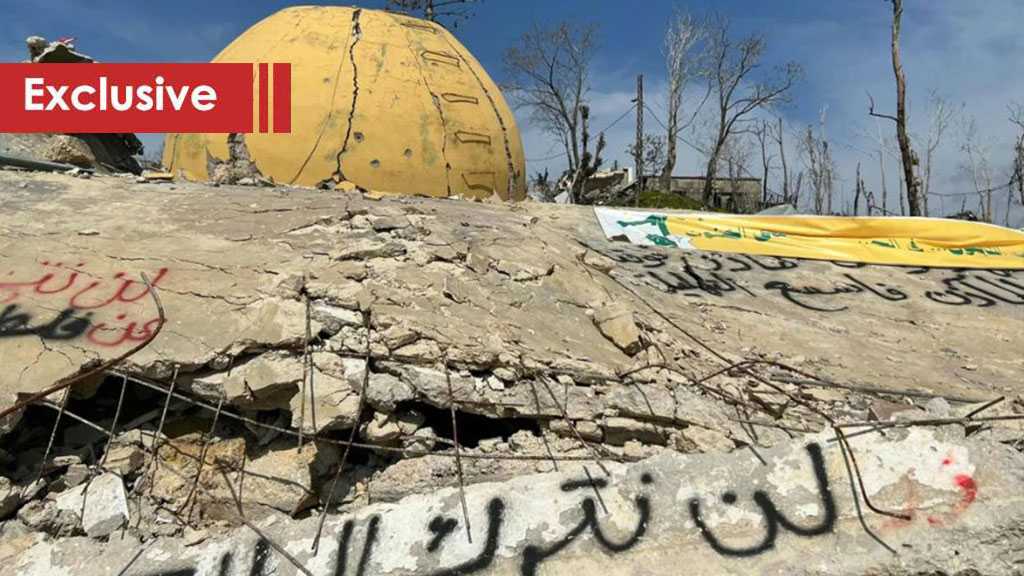
Iran and “Israel”: The Cost of Defending Palestinian Rights

By Mohamad Hammoud
Lebanon – The hostility between Iran and "Israel" is not rooted in ancient hatred or religious dogma. It is the result of a deliberate, principled stance: Iran's refusal to legitimize the occupation of Palestine or submit to Western domination. Had Tehran remained silent, it could have thrived—welcomed in Western capitals, enriched through trade, and spared the wrath of sanctions. But Iran chose resistance over reward, justice over comfort. And for that choice, it has been relentlessly punished through economic warfare, cyberattacks, assassinations and diplomatic siege. Iran is paying the price for standing up.
Before the Break: Iran as the Empire's Watchdog
Before 1979, Iran was no enemy of the West—or of "Israel". Under Shah Mohammad Reza Pahlavi, who was restored to power by the CIA-MI6 coup of 1953, Iran became a linchpin of American strategy in the region. The Shah's regime was lavishly funded with military and economic aid, his monarchy fortified by arms deals and oil revenues that flowed in both directions: crude to "Israel," weapons in return.
Beneath this surface of prosperity and partnership lay a deeper collaboration. Mossad agents worked hand-in-hand with the Shah's dreaded secret police, SAVAK, helping to build a repressive machine that crushed dissent at home. On the international stage, Iran ignored the Palestinian cause, dismissed pan-Arabism, and viewed Islamic solidarity as subversive.
Still, Iran thrived. Armed with modern US weaponry and buoyed by oil wealth, it became the most formidable military power in the Gulf. Washington dubbed it the "policeman of the Gulf," a badge of honor in the language of empire. To the smaller Arab monarchies, this Iran—powerful, Western-backed, and territorially assertive—was a source of both envy and fear. Its occupation of disputed islands like Abu Musa and the Greater and Lesser Tunbs only deepened that anxiety.
Yet no one questioned Iran's legitimacy—not so long as it played by the rules of Pax Americana.
The Islamic Revolution: Breaking the Mold
Everything changed in 1979. The Islamic Revolution toppled the Shah and installed a theocratic republic led by Imam Ruhollah Khomeini. The new regime severed ties with "Israel," shut down its embassy, and handed the building over to the Palestine Liberation Organization [PLO]—making it the world's first Palestinian embassy. Imam Khomeini framed the Palestinian struggle as a religious obligation and a symbol of global injustice.
Iran's new foreign policy rejected the Shah's deference to the West. Instead, it embraced a pan-Islamic, anti-Zionist agenda. Supporting resistance movements like Hezbollah, Hamas and Islamic Jihad became a cornerstone of Iran's regional strategy. Tehran's rhetoric and actions directly challenged not only "Israel" but also the Arab regimes that had grown increasingly submissive to US and “Israeli” interests.
Resistance Has a Price
Iran's revolutionary stance did not go unanswered. The United States responded with waves of sanctions, diplomatic isolation, and military threats. "Israel" launched covert operations, assassinated Iranian nuclear scientists, and lobbied relentlessly against any international normalization with Tehran. Western media framed Iran as a rogue state—not for invading other nations but for resisting the invasion of others.
Critics often accuse Iran of exploiting the Palestinian Cause for political gain. But unlike Arab states that have normalized ties with "Israel" for arms deals and US approval, Iran has borne immense costs for its refusal to compromise. If Tehran's only interest were regional influence, aligning with "Israel" would have been far more profitable.
Instead, Iran has remained steadfast. Its support for Palestine is rooted not in opportunism but in ideology—in the belief that oppression must be confronted, even at significant personal cost. Where others abandoned the cause, Iran made it central to its identity. That commitment has inspired admiration across the Muslim world, even among those who do not share Iran's sectarian or political outlook.
A Hypothetical Path Not Taken
What if Iran had stayed silent on Palestine and pursued a Persian-centric strategy, as its critics suggest? It might have continued the Shah's legacy: a stable ally to the West, a trading partner of "Israel," and a regional power respected for its oil and arms. The sanctions would not exist. The isolation would be gone. Arab regimes would line up for Tehran's approval instead of fearing its defiance.
But Iran chose otherwise. It decided to speak up when silence was easier. It chose to resist when collaboration was rewarded. And it decided to embrace the role of pariah rather than abandon the cause of Palestine.
Conclusion: Speaking Truth to Power
The enmity between Iran and "Israel" is not senseless. It is the logical consequence of a moral stance. Iran challenges the regional order that allows "Israel" to occupy and colonize with impunity and dares to support those who fight back. For this, it has been made to suffer.
But the world must see clearly: Iran is not isolated because it threatens peace. It is isolated because it threatens the monopoly on power held by the West and its allies. It is not sanctioned for terror but for defiance. Its struggle is not for domination but for dignity.
To defend Palestine in today's world is to be marked an enemy. Iran has accepted that mark—and the cost that comes with it. And in doing so, it has shown that resistance remains possible even in a world of compromise.



